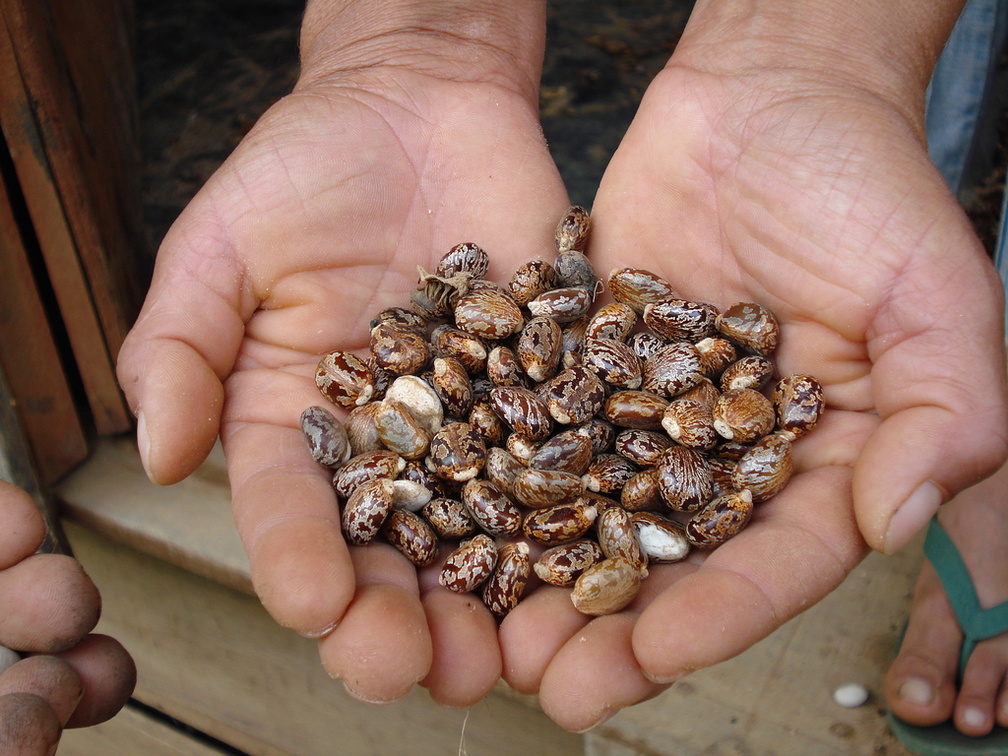This article by Richard Mahapatra first appeared on DownToEarth on 29 November 2018
With just a day to end, the Conference of Parties (COP 14) to the Convention on Biological Diversity (CBD) is debating putting a moratorium on introduction of organism containing engineered genes, or gene drives. Representatives of 170 countries are attending the meeting in Sharm el-Sheikh, Egypt.
Although negotiators don’t expect any major step towards this, conservationists and anti-genetic engineering groups believe the discussion at this forum will at least start a debate over it.
Genetically modified organisms are those whose genome has been engineered in the laboratory to favour the expression of desired physiological traits or the production of desired biological products. For example, a British company had tried to genetically modify mosquitoes to rid the world of malaria, dengue, yellow fever and zika, but failed.
Before the COP started, conservationists and scientists were pushing for a CBD declaration on a moratorium on new biotechnologies, which they believe could have catastrophic ramifications for the Earth’s ecology.
In October, reports were circulated that CBD would take up a draft resolution calling for a “refrain” by countries to release genetically engineered organism. The MIT Technology Review was one of the first to report it.
“Gene drives are going to be a big fight for sure,” says Jim Thomas, co-executive director of the ETC Group, a non-profit that stands against genetic engineering. There is already a letter calling for a global moratorium on gene drive tests, supported by non-profits like Slow Food Deutschland, Dr Bronner’s soap company, Friends of the Earth and the Sierra Club.
CBD is considered to be the only global platform where regulations on gene drives and synthetic biology are being discussed.
On November 19, the African Centre for Biodiversity (ACB) and Friends of the Earth International held a press conference at the CBD venue to call for a global moratorium on “the environmental release of gene drives, a new genetic extinction technology, and to caution for stronger regulation of synthetic biology”.
Gene drives and synthetic biology are new genetic engineering technologies. Synthetic biology is expected to be a US$ 40-billion industry by 2020. Gene drives is a technology that suppresses population and can even push them to extinction.
All in protest
According to ACB, the first proposed application for gene drive would be in Burkina Faso by the Target Malaria Project, designed to eradicate mosquito populations and thus malaria transmission.
“We should not be used as lab rats in an experiment that could devastate African ecosystems. We ask delegates at COP 14 to put the brakes on any release of gene drives,” says Mariann Bassey, from Friends of the Earth International and chair of the Alliance for Food Sovereignty in Africa.
Ricarda Steinbrecher, from Federation of German Scientists, says, “Twenty years ago, the UN stopped agriculture business from pushing sterile terminator organisms. Now, it is once again the agriculture business that will benefit from these spreading sterile exterminator organisms. The CBD must act again to defend farmers and the natural world.”
Geneviève Lalumière, peasant seed saver from La Via Campesina North America, says, “Gene drives are threatening food sovereignty and peasant-led agriculture. Small scale farmers don’t need synthetic biology such as gene drive organisms or genome editing to feed communities.”

